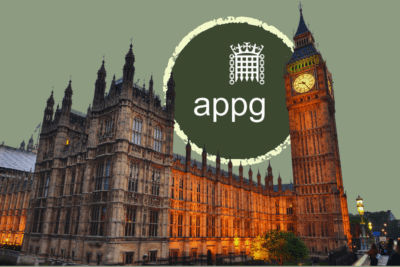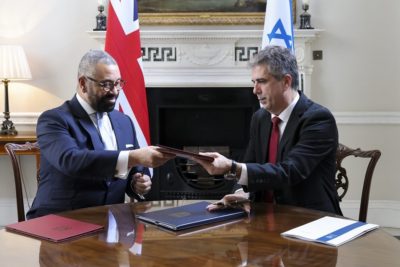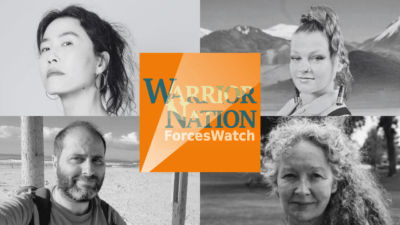Quaker report opposes increasing militarisation
Ekklesia
“The stirring music, smart uniforms and synchronised marching that characterise Armed Forces Day are a glossy front behind which sits a deliberate strategy to manipulate the public,” says Quaker Sam Walton as a new report on the growing militarisation in Britain today is launched.
In the revealing report The new tide of militarisation produced by Quaker Peace & Social Witness (QPSW), Armed Forces Day is described as one strand in a government strategy to reverse falling recruitment and declining public support for military interventions.
The report highlights how in the light of a waning appetite for public spending on war, the government target the public at their most susceptible. Through emphasising the risks that military personnel take, and their bravery, the need to support military personnel is confused with the need to support war.
Quakers believe in proper care and support for Armed Forces personnel, and all victims of war. Indeed, in 1947 Quakers were awarded the Nobel Peace Prize for their relief work. However this deliberate conflation of the need to support the personnel, with the need to support war, stifles democratic debate about the use of our armed forces in increasingly messy and controversial interventions abroad.
The report shows how initiatives such as Armed Forces day, the increasing presence of the military at other emotive national events, and efforts to increase the role of the military in education, such as the Troops to Teachers programme, and expansion of the Cadet Forces, are all part of a deliberate government strategy to increase militarisation in our society.
The report shows how the emphasis of Remembrance Day has shifted away from its original purpose of remembering the horror of war and the promise of ‘Never Again’ made to those in WW1, to ‘support our troops’.
The new tide of militarisation bases the evidence for its findings on three government papers; Future Reserves 2012, National Recognition of our Armed Forces and Defence Youth Engagement Review. It is available online at: http://www.quaker.org.uk/militarism and in hard copy for free from Timmon Wallis, QPSW, Friends House, Euston Road NW1 2BJ.
Quakers reject the notion that war is inevitable and advocate putting resources into nonviolent ways of solving conflicts and averting wars.
* Quakers are known formally as the Religious Society of Friends.
* Around 23,000 people attend nearly 475 Quaker meetings in Britain. Their commitment to equality, justice, peace, simplicity and truth challenges them to seek positive social and legislative change.
See more: legislation & policy, military in schools/colleges, military in society, remembrance, Armed Forces Day, militarisation










